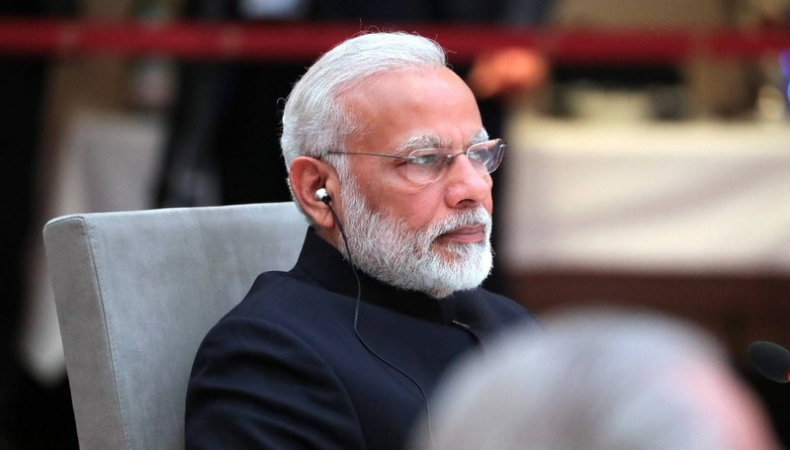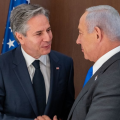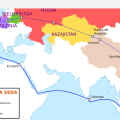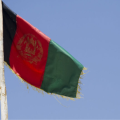How Modi Plans to Deepen Ties with the Middle East this 2024

Advancing major infrastructure projects like the India-Middle East-Europe Economic Corridor (IMEC), Prime Minister Narendra Modi’s agenda for 2024 calls for This complex project fits within a larger plan to improve Middle Eastern and Indian connections as well as economic integration. The corridor is meant to promote stronger economic linkages, simplify trade routes, and provide fresh investment and cooperation possibilities among the included areas.
G7 Summit Agreements
Nations pledged to help transforming infrastructure projects aiming at strengthening commercial relations between India and the Middle East during the G7 Summit. This dedication emphasizes the strategic relevance of the area for world politics and trade. The G7 leaders underlined the need of building infrastructure for economic resilience and sustainable development. Their backing of the IMEC shows that they understand the project’s capabilities to promote regional growth and help to maintain world economic stability.
Promoting Regional Connection
By improving regional connections, the IMEC wants to alter the strategic and financial scene of the area. Establishing a stable commerce network across continents and opposing competing economic activities are predicted to depend critically on this corridor. The IMEC will enable more seamless and effective flow of products, services, and people by tying India, the Middle East, and Europe. Along with strengthening economic links, this connectivity will encourage political and cultural interaction among the several areas.
Strategic and Financial Connotations
The IMEC has rather significant economic consequences. The corridor is supposed to cut time and transportation expenses, therefore optimizing trade by means of cost-effective means. This effectiveness is probably going to draw more companies and investors, so increasing the local economies in the involved areas. By providing an other path for international trade, the IMEC will also balance other big infrastructure initiatives as China’s Belt and Road Initiative. Greater economic diversity and better infrastructural standards can follow from this competitiveness.
Cooperation Across Nations
Modi’s IMEC goal calls for great worldwide cooperation. India wants to guarantee the success and sustainability of the project by getting backing from world heavyweights such as the G7 countries. Along with providing technical and financial support, the G7’s endorsement strengthens the project’s appeal to other possible investors. Overcoming obstacles and realizing the high targets set for the IMEC depend on this worldwide support.
Strategic Construction of Infrastructure
Modi’s strategy for closer ties with the Middle East revolves mostly on strategic infrastructure development. The IMEC marks a major advance toward a strong foundation for long-term cooperation. Investing in key infrastructure helps India create stability and steady economic growth. All those engaged should gain from this progress since it offers better access to resources, markets, and possibilities.
Economic Allieships
Apart from the improvement of infrastructure, Modi’s agenda stresses the need of economic alliances. Developing economic relations with Middle Eastern nations will need cooperation in many spheres including technology, energy, and education in addition to trade. These alliances will provide a more cohesive and strong regional economy able to withstand changes in world economy.
Final Thought: An All-Inclusive Strategy
Under Modi’s strategy for closer relations to the Middle East in 2024, strategic infrastructure development, economic alliances, and international support from world powers including the G7 countries would all be part of a multifarious approach. The emphasis is on building a strong foundation for long-term cooperation that advantages all the engaged parties.
Keep On Reading
The IMEC is positioned to change the economic environment of the region and boost India’s strategic position on the world scene by improving connectivity, encouraging economic integration, and guaranteeing international cooperation. The effective execution of this project will represent a crucial turning point in India’s path towards being a big economic power with strong, long-lastin







